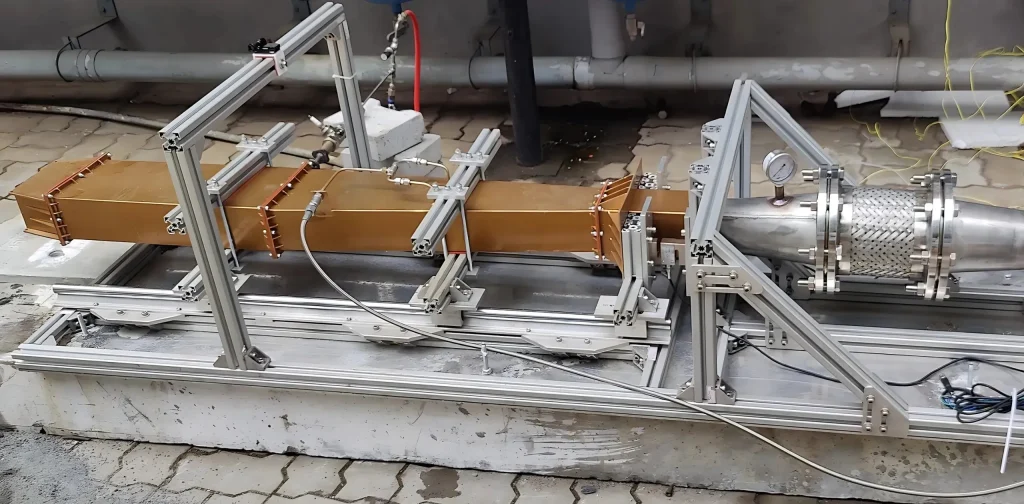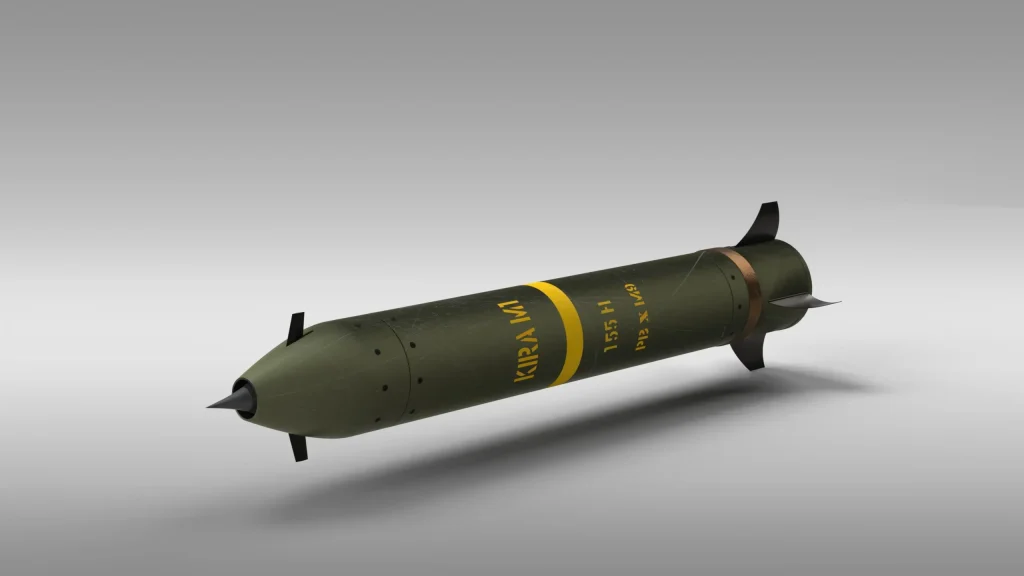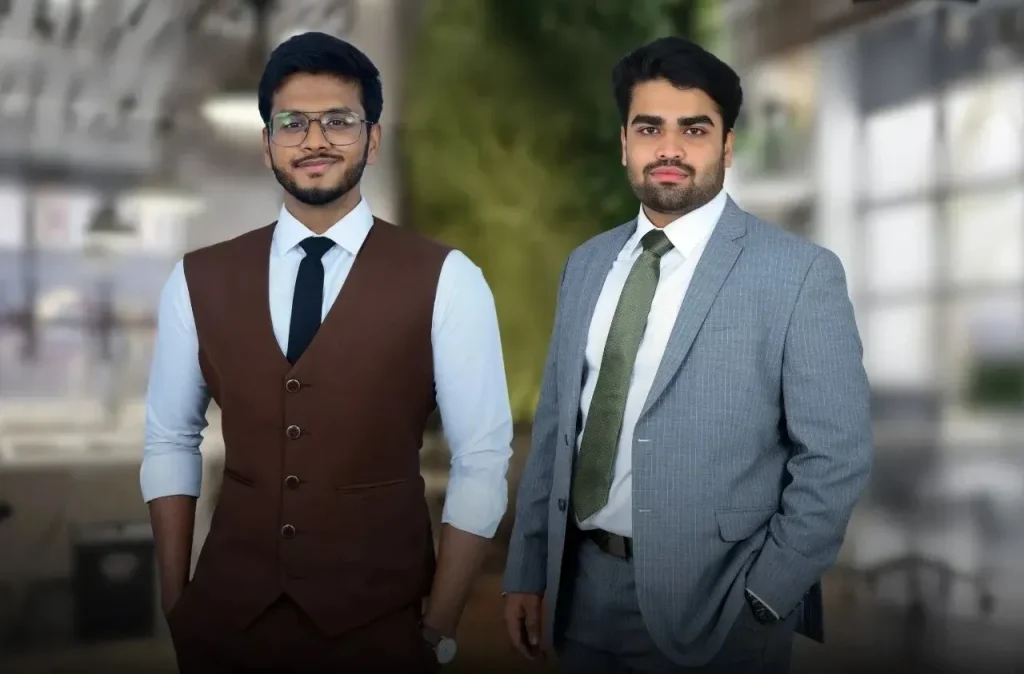Hyprix, a Bangalore-based defence and aerospace startup, has made history by developing India’s first privately-made supersonic ramjet engine. Founded by Devmalya Biswas and Divyanshu Mandowara, the company achieved this groundbreaking feat in just five months. Hyprix’s success is not only a testament to their engineering capabilities but also marks a significant step toward India’s self-reliance in defence technology.

A Vision of Innovation
The journey of Hyprix began when Biswas and Mandowara, high school friends with a shared fascination for high-speed aviation and technology, decided to venture into the defence industry. Their mission was clear: to build advanced propulsion systems and revolutionize the Indian defence sector. In June 2024, they founded Hyprix with a focus on creating next-generation systems to strengthen India’s defence capabilities.

Breaking Barriers with Tezz
In 2023, the duo identified a massive gap in India’s high-speed aviation sector. The country had long relied on foreign nations for advanced defence technology, especially for propulsion systems. Determined to change this, they set their sights on developing a ramjet engine. A ramjet works by compressing incoming air with the forward motion of a vehicle, mixing it with fuel to produce thrust without moving parts—ideal for supersonic speeds.

With government funding and grants under the Startup India initiative, they began working on their first product. In just five months, Hyprix designed, developed, and successfully tested the Tezz, a liquid-fuelled supersonic ramjet engine capable of operating at speeds between Mach 2 and Mach 4. The engine is three to four times more efficient than traditional solid rocket-powered systems, allowing projectiles to travel farther and sustain higher speeds. It also reduces India’s dependence on foreign technology, aligning with the nation’s push for self-reliance in defence manufacturing.
Overcoming Challenges
Hyprix’s journey was far from easy. Despite facing skepticism from experts and limited resources, the founders remained persistent. Financial struggles and high operational costs posed significant hurdles, but the duo’s determination paid off. They managed to stretch their budget and procure necessary materials despite the challenges.
“More than 50 scientists told us that a private company couldn’t successfully build a ramjet in India. But we refused to accept that. We knew we could and would do it,” says Devmalya Biswas, co-founder and CEO of Hyprix.
Kira M1: Revolutionizing Artillery
Following the success of Tezz, Hyprix is now focusing on developing Kira M1, a 155mm ramjet-propelled extended-range artillery shell. India’s artillery production currently stands at 300,000 shells annually, but wartime demand is estimated to reach nearly 1.8 million. This gap presents a major opportunity for startups like Hyprix to step in.

Kira M1 is designed to drastically extend the range and accuracy of artillery. Unlike conventional artillery shells, Kira M1 integrates ramjet propulsion and AI-guided precision navigation, making it four times more effective in terms of range. Additionally, the shell’s cost-effectiveness reduces dependency on costly imports while delivering superior performance.
The Road Ahead: Aiming for Global Leadership
Though still bootstrapped and pre-revenue, Hyprix is poised for future growth. The company plans to raise funds to expand its operations and continue developing next-generation precision supersonic systems. With India targeting ₹3 lakh crore in defence production by 2029, Hyprix is strategically positioned at the forefront of this transformation.
“We are just getting started. India needs homegrown defence and aerospace startups to break global monopolies. We want Hyprix to be at the forefront of innovations in the Indian strategic technology sector,” says Devmalya Biswas.
